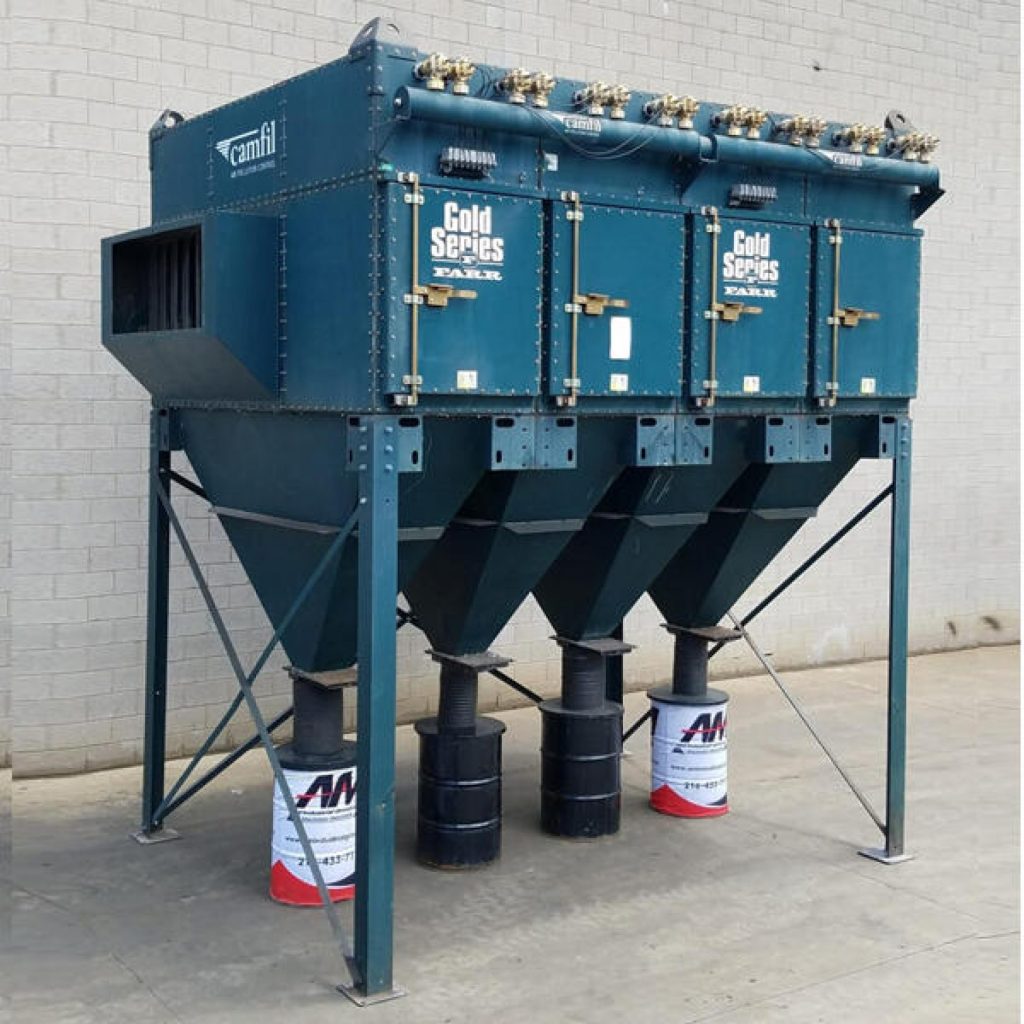In high-tech industries such as semiconductor manufacturing, pharmaceuticals, aerospace, and electronics, maintaining a clean and controlled environment is paramount. One critical component in achieving this goal is the effective use of dust collectors. These systems play a vital role in protecting sensitive equipment and ensuring the integrity of production processes.
The Importance of Clean Environments
High-tech industries often deal with intricate machinery and sensitive components that can be easily compromised by dust and particulate matter. For instance, in semiconductor fabrication, even a tiny particle can lead to defects in chips, resulting in significant financial losses and production delays. In pharmaceuticals, airborne contaminants can affect product purity and lead to compliance issues. Thus, the need for a robust dust collection system cannot be overstated.

How Dust Collectors Function
Dust collectors are engineered to capture and filter out airborne particles generated during manufacturing processes. They typically operate using one of several methods, including:
Mechanical Filtration – Utilizing physical barriers, dust collection system design capture particles by size and weight. Filters can be made of various materials, including fibrous media that trap smaller particles effectively.
Electrostatic Precipitation – This method uses electrical charges to attract and capture dust particles, making it particularly effective for fine particulate matter that traditional filters might miss.
Wet Scrubbing – In environments where combustible dust is a concern, wet scrubbers can capture particles by passing air through a liquid solution, effectively neutralizing dust while preventing explosions.
Protecting Sensitive Equipment
The primary role of dust collectors is to protect sensitive equipment from contamination. For example, in cleanrooms controlled environments critical in semiconductor and pharmaceutical manufacturing dust collectors ensure that airborne particles are minimized. By maintaining low levels of particulate matter, dust collectors help prevent equipment malfunctions and ensure that production meets stringent quality standards.
Additionally, dust collectors can extend the lifespan of equipment by preventing build-up on sensitive components. Dust accumulation can lead to overheating, mechanical failure, and reduced efficiency, ultimately resulting in costly repairs or replacements. By implementing a comprehensive dust collection strategy, companies can safeguard their investments in high-tech machinery.
Compliance and Safety Considerations
High-tech industries are subject to strict regulatory requirements regarding cleanliness and environmental safety. Dust collectors help organizations meet these regulations by ensuring that hazardous materials and contaminants are effectively managed. Compliance with standards set by organizations like the Environmental Protection Agency EPA and the Occupational Safety and Health Administration OSHA is crucial for avoiding penalties and maintaining operational integrity.
Dust collectors are essential in high-tech industries for protecting sensitive equipment and ensuring the integrity of production processes at www.tysum.com. By providing a clean environment, these systems help prevent costly defects and maintain compliance with stringent regulations. As technology continues to evolve, the role of dust collectors will remain vital in safeguarding the future of high-tech manufacturing and ensuring operational excellence. Investing in effective dust collection solutions is not merely a choice it is a necessity for companies committed to quality and safety.
